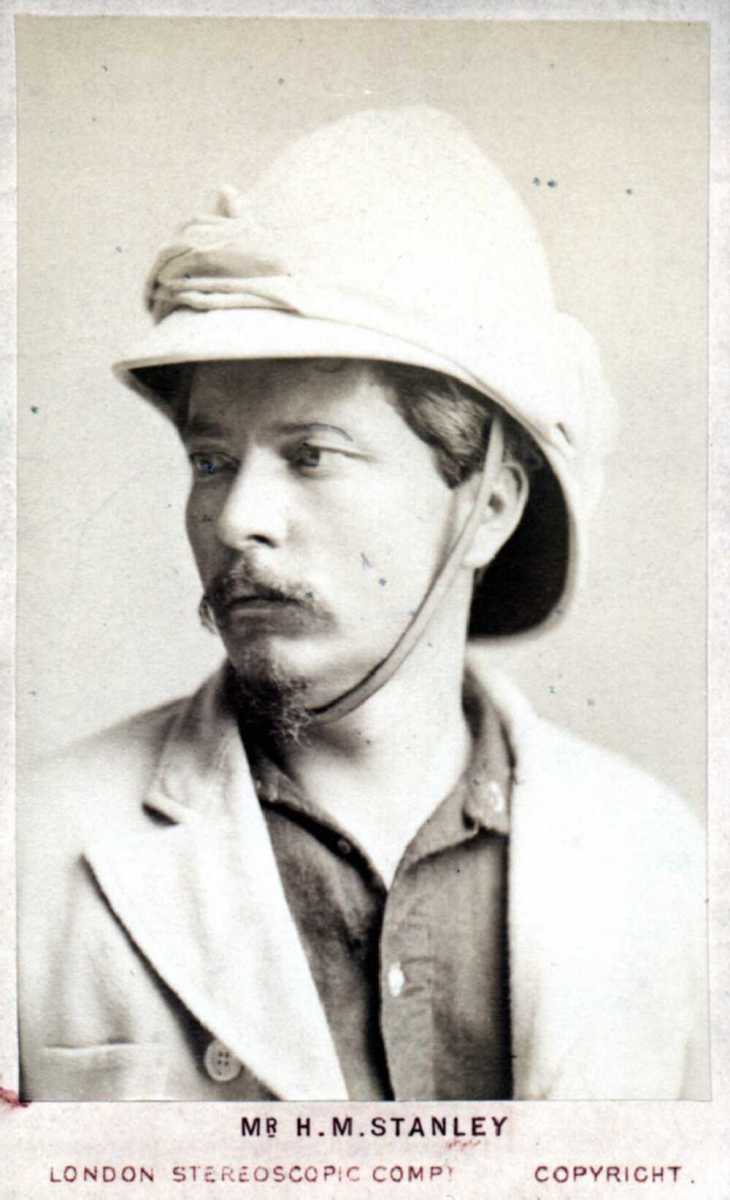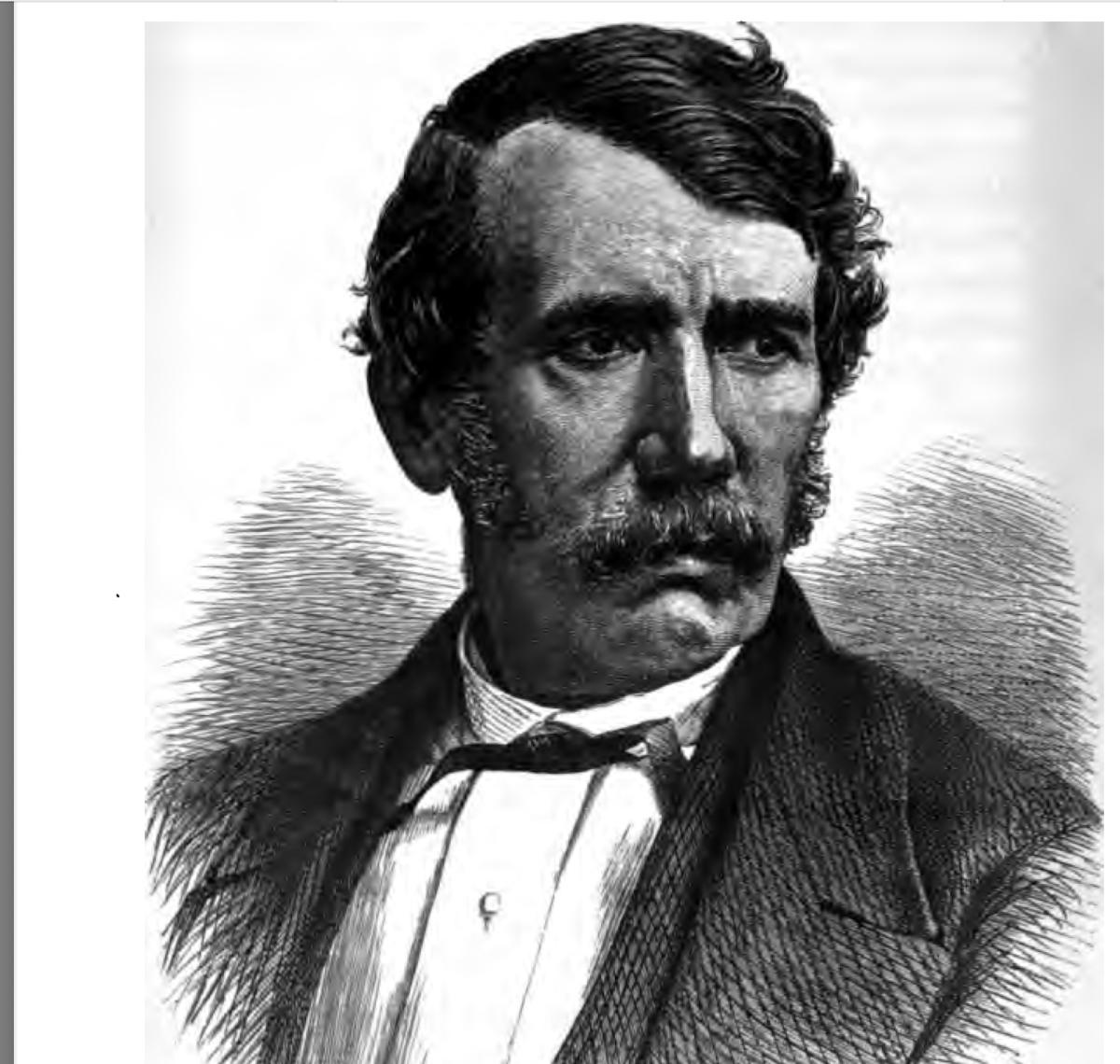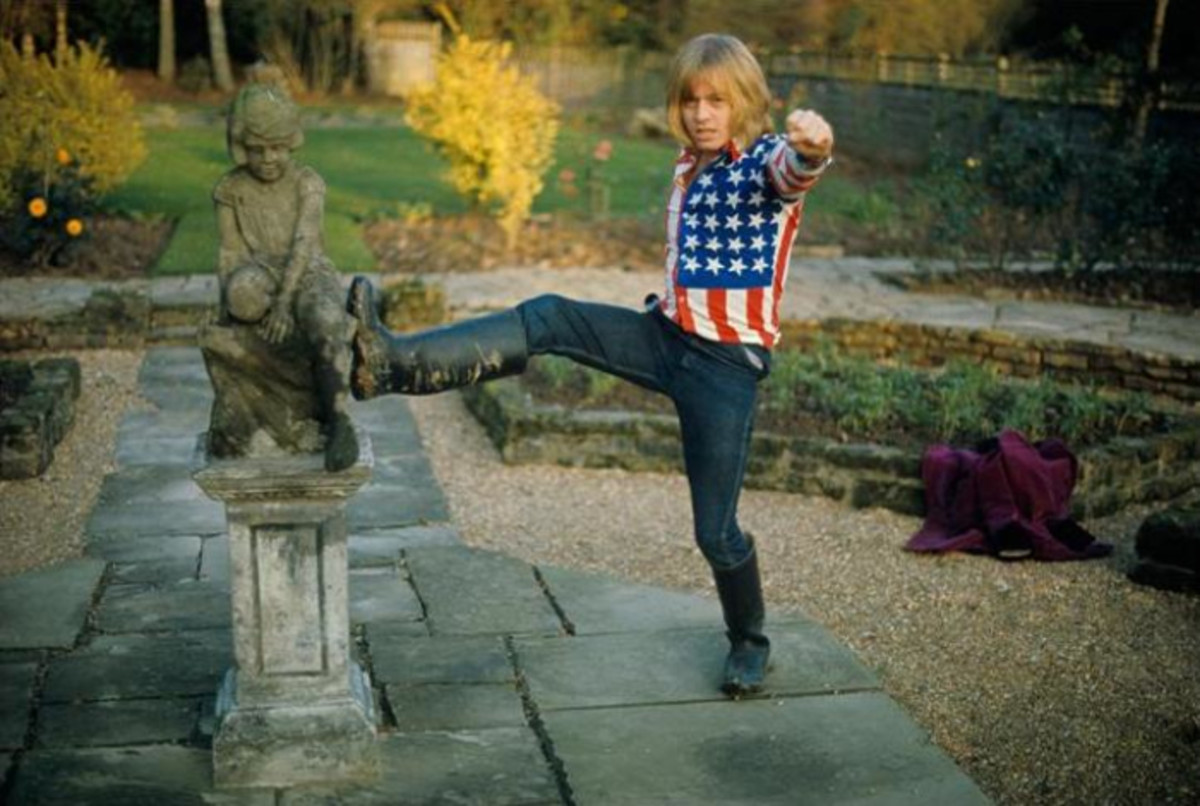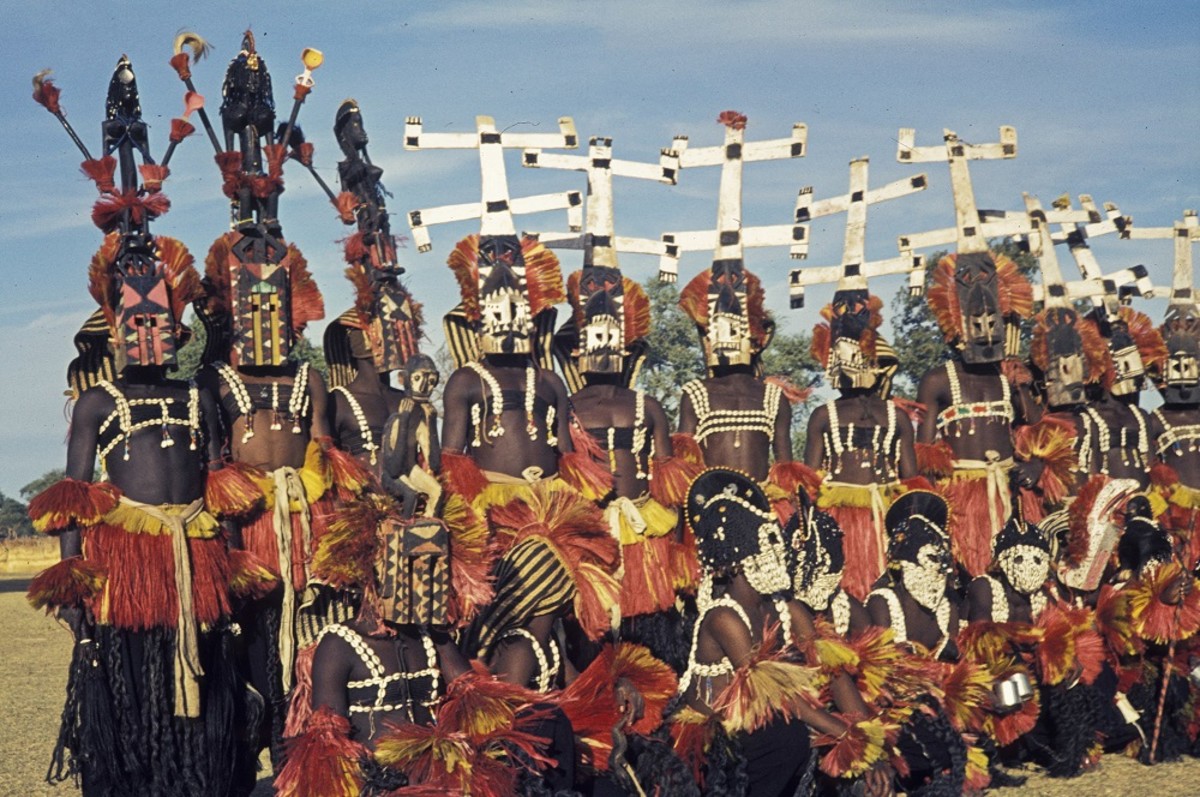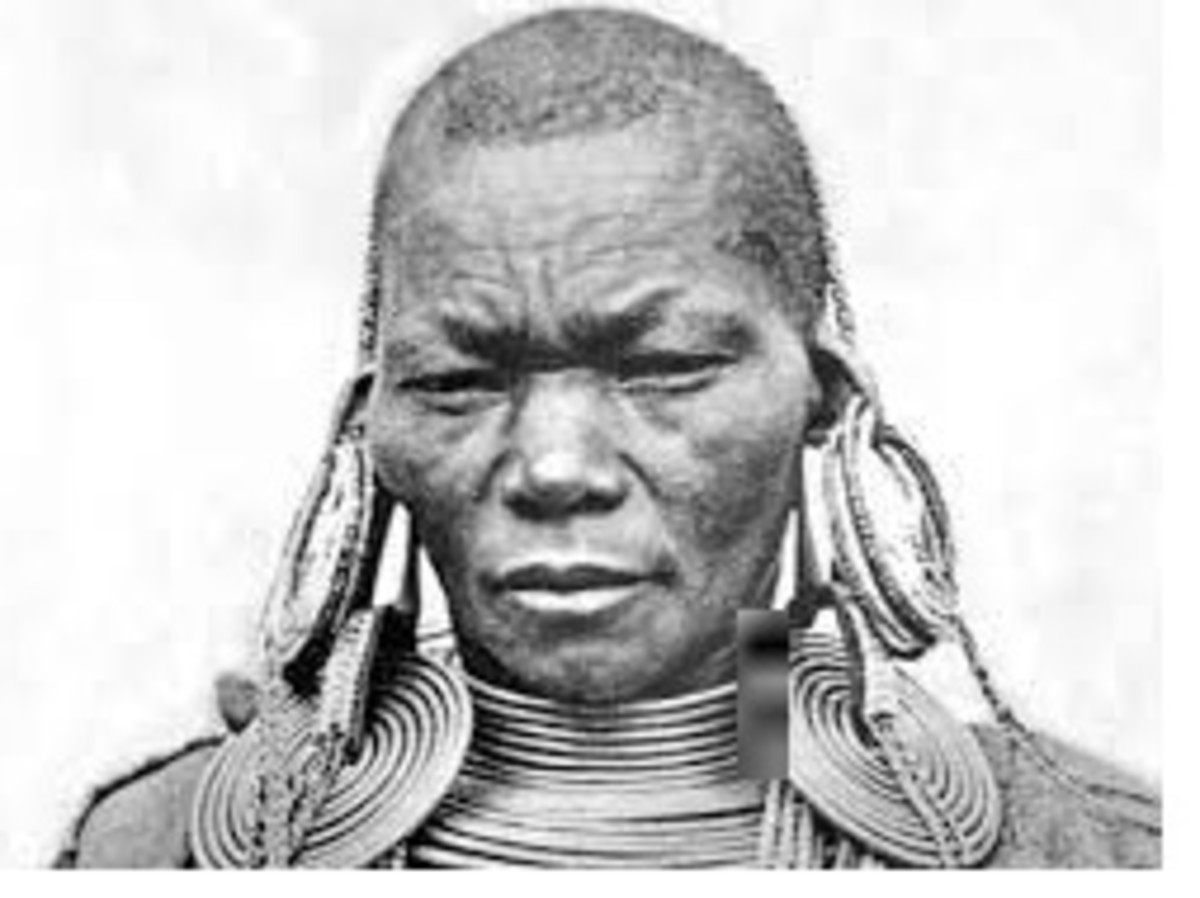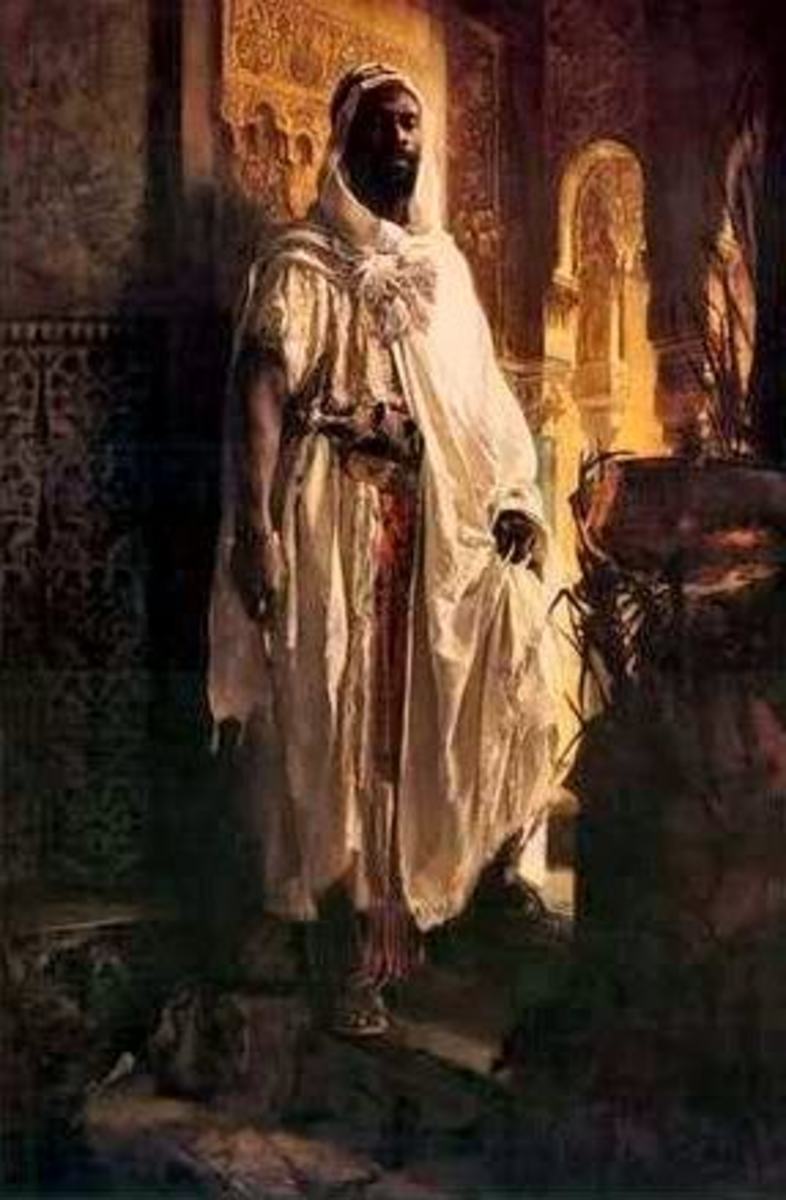Famous Scottish Explorers : "Doctor Livingstone, I Presume?"
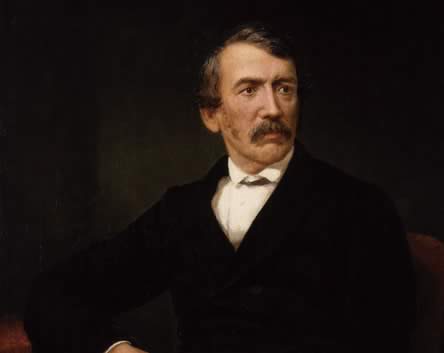
Famous Scottish Explorers : "Dr Livingstone I Presume?"
In an ever-shrinking modern world it is perhaps hard to imagine the notion of uncharted territory.
With the incredible 20th century advances in transportation and communications plus the quantum leap of 21st century internet and information exchange nowhere on earth seems really unknown.
But less than 200 years ago a young Scotsman set out into what was then called 'Darkest Africa' to discover new lands and their hidden people. He was the legendary explorer and philanthropist Dr David Livingstone.
........................................................
Born in Blantyre, Scotland in 1813 his working life began at the age of 10 when he was employed in a cotton mill. His job was as a 'piecer' which entailed re-attaching broken cotton threads inside the spinning machines. Children were used for this task because of their small size which enabled them to clamber in and out of the machinery. As he grew he later became a spinner.
Schooling was relegated to the evenings although provided by the social enterprise of the H. Monteith company who owned the mill. This was augmented by private tuition from his father with much emphasis on the Bible and Christian teachings.
As a young man David decided to become a missionary doctor after studying Medicine and Theology in Glasgow. He had suspended his medical studies for some time but eventually completed them in London in 1840. In the same year he was ordained as a missionary.
The Scramble for Africa
He had originally intended to answer the call to travel to China on missionary work. However the First Opium War broke out in 1839 and a change of plans was in order.
Inspired by T. F. Buxton he choose Africa because of the perniciousness of the slave trade. He was an ardent abolitionist and strove passionately to end slavery among the African people. It may be speculated that Livingstone's early experience suffering the ardour of the cotton mill had an influence on his convictions.
Buxton had proposed that "legitimate trade" would be one factor to help end the slave trade. A Victorian precursor perhaps to the modern 'Fair Trade' movement of principled and ethical commerce that exists today.
But it also heralded the beginnings of the 'Scramble for Africa' by the European Imperial powers later in the century. Moreover on historical reflection it is unlikely that Livingstone and his contemporaries ever managed to seriously hinder the slave trade.
Livingstone was posted to the Kalahari Desert in 1841 to begin his religious odyssey. Therefore his explorations grew as a by-product of his zeal to introduce Christianity as well as bring commerce and civilisation to Africa. They almost ended prematurely in 1844 when he was mauled by a lion which left him with a diabled arm and frequent pain for the rest of his life.
The Zambesi trail and the Victoria Falls
But his travels along the Zambesi River were ground-breaking as he ventured into lands previously unknown. In 1855 he was the first European to witness the spectacular waterfalls along the river. These were known as 'Mosi-oa-Tunya' which means "the smoke that thunders".
However he re-christened them the 'Victoria Falls' in honour of the reigning Queen back in Great Britain. An imperialistic imposition perhaps but then he was a man of his times. So breathtaking was this discovery to him that he later wrote "Scenes so lovely must have been gazed upon by angels in flight"
He was also credited with discovering Lake Nyasa in 1858 and the Chilwa River the following year. More obscure sections of the Nile River were also uncovered by Livingstone.

Dr Quinine, Medicine Man
He seemed to be a true humanitarian when it came to the slave trade. Back in Britain he publicised the atrocious treatment of Africans and raised money in order to return for further explorations.
As a member of the healing arts he became trusted by local tribes for his medical work and gained a popular reputation as a 'Medicine Man' among them. He also ensured his exploration teams were as healthy as could be managed by introducing effective doses of quinine that reduce the death rate as compared to previous expeditions.
Also, although he did not provide definitive proof of a link he did make the connection of mosquitoes with malaria. It was Ronald Ross more than 30 years later who published the evidence of the cause of the disease.
But back in the 1860s Livingstone had written 'Myriads of mosquitoes showed, as probably they always do, the presence of malaria.' His experiences also made him aware of the impact of environment on the contraction of diseases like pneumonia, dysentery and typhoid.
Fading of the missionary zeal
Eventually his exploratory adventures took precedence over his missionary work and in 1857 he resigned from the London Missionary Society. They had been pressuring him to do more on spreading Christianity. He was appointed 'Her Majesty's Consul for the East Coast of Africa' around the same time
However his later expeditions along the Zambesi in the 1860s were considered a failure and the government recalled him. He was criticised for being a poor leader with suspect judgement and unable to command such a large expedition. Also due to fatal illnesses among the group and the theft of supplies he suffered the humiliation of having to depend on slave traders for help in order to survive.
The meeting with Stanley
Nevertheless he returned to Africa in 1866 and later actually disappeared for several months whilst travelling in Central Africa. The American journalist and explorer Henry Stanley was despatched by the New York Herald to find him.
He eventually caught up with Livingstone in 1871 at Lake Tanganyika. It was at that meeting where the famous introduction of "Doctor Livingstone, I presume?" was uttered by Stanley. There has been doubt over whether he actually said those words but we'll never know for certain.
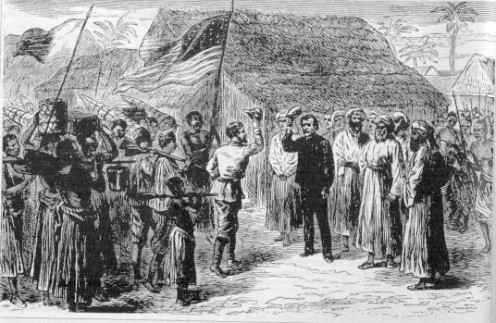
David Livingstone was searching for the source of the Great Nile River at this time. It would prove to be his last ever exploration as it was never completed. His famous quote "I am prepared to go anywhere, provided it be forward." had eventually run its course.
His health had deteriorated through his later years and he died in 1873 of malaria and dysentery. The privations of his African exploits had taken their toll on both his body and perhaps his mind.
Certainly the trauma of experiencing the horrific massacre of 400 slaves by Arab traders at the Congolese village of Nyangwe in 1871 deeply affected him. Particularly as he had felt powerless to intervene and maybe also, as it is claimed, because some of his party took part in the shooting. Shame and remorse combined with a sense of eye-witness culpability weighed profoundly on his spirit.
His heart remains with Africa
Such was his reputation that his body is today interred in Westminster Abbey in London.
However his heart was buried by the tribe of Chief Chitambo on Lake Bangweulu which is now in modern Zambia.
On a request for the return of his body the tribe decided that:
"You can have his body, but his heart belongs in Africa!".
It was buried under a mvula tree where now stands a monument to the great Scottish explorer.
There is also a museum dedicated to him in his native Scotland. The 'David Livingstone Centre' is based at his hometown of Blantyre. It is the tenement block of flats where he lived as a child and which was converted to a museum in 1929.
An incredible postscript to his story is the remarkable fact that, despite all of Livingstone's years in Africa, he only managed to convert one single African to Christianity.
___________________________________________
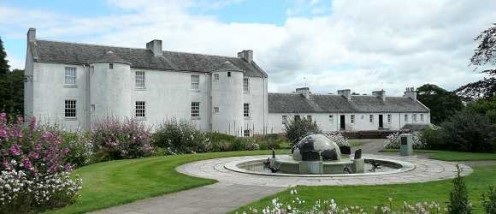
Read about other famous Scots at these links by Shinkicker
- The Greatest Scientists of All Time : Sir James Clerk Maxwell
Perhaps not a name that springs to mind concerning the notion of who are the greatest scientists of all time. But the 19th century scientist Sir James Clerk Maxwell is one of the most important in history. - Famous Doctors in History : Sir James Young Simpson
The next time you experience the relief of a pain-killing treatment or injection you may want to give praise to the people who made that possible. And think of a great Scotsman who lived back in the 19th century. - The Greatest Scientists of all Time : James Hutton - Founder of Modern Geology
You can learn a lot from a farmer. You can especially learn a lot about the land from a farmer. What might surprise you to learn is that one such farmer founded the science of modern Geology.




